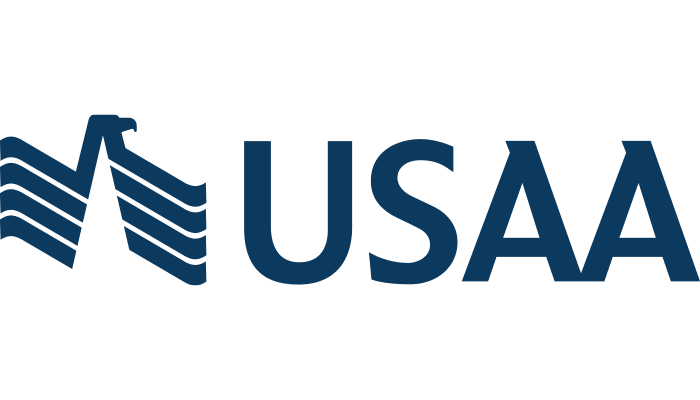Auto Insurance Requirements in Vermont
Find Cheap Auto Insurance Quotes in Your Area
Vermont's financial responsibility law requires motorists to maintain liability insurance for the vehicle they drive.
Drivers need to carry liability coverage for bodily injury and property damage, as well as uninsured/underinsured motorist coverage.
Contents
Minimum insurance requirements in Vermont
Vermont drivers must maintain the following minimum coverages as part of their car insurance:
Required car insurance coverage | Required minimums |
|---|---|
| Bodily injury (BI) liability | $25,000 per person/$50,000 per accident |
| Property damage (PD) liability | $10,000 per accident |
| Uninsured/underinsured motorist (UM/UIM) for bodily injury | $50,000 per person/$100,000 per accident |
| Uninsured/underinsured motorist for property damage | $15,000, with a $150 deductible |
Vermont car insurance requirements and minimums
Vermont requires liability auto insurance to protect its drivers from financial loss in the case of an accident resulting in bodily injury or property damage. Vermonters must have an auto insurance policy that includes bodily injury liability coverage, property damage liability coverage and uninsured/underinsured motorist coverage. Whenever you get a car insurance quote in Vermont, these will be the lowest limits you can get, per state law:
Bodily injury (BI)
Requirement
- $25,000 per injured person
- $50,000 per accident for two or more injured people
Covers
- Your personal assets
- Legal fees in the event that the other party sues you, up to the stated limit
-
Learn more
Does not cover
- Your own medical bills
Property damage (PD)
Requirement
- $10,000 per accident
- Higher limits are available, which vary by insurer
Covers
- Everything from the other driver's car
- Other property that is damaged in the accident (buildings, fences, etc.)
-
Learn more
Uninsured/underinsured motorist (UM/UIM)
Uninsured/underinsured motorist bodily injury (UM/UIMBI) requirements
- $50,000 per person
- $100,000 per accident
Uninsured/underinsured motorist property damage (UM/UIMPD) requirements
- $10,000 per accident
- $150 deductible for every accident where you file a claim
Covers
- Your own medical bills
- Your car's repair expenses
-
Learn more
Cheapest companies in Vermont for minimum liability
Optional car insurance coverage in Vermont
In addition to getting higher limits on required forms of liability coverage, you can purchase optional coverage to further protect yourself from financial loss. In Vermont, those include:
Physical damage: Two different coverages make up physical damage protection — collision and comprehensive. Together, collision and comprehensive protection pay for repairs to your car. Collision coverage will cover the cost to repair your car after a crash, while comprehensive coverage will pay for damages to your car resulting from any other kind of incident. Regardless of your liability in a crash, your collision coverage will still pay for the cost of repairs to your car. It is common for Vermont motorists who purchase this coverage to opt for deductibles of $500 for both.
Medical payments coverage (MedPay): Many Vermont drivers purchase MedPay to cover any medical and funeral expenses resulting from an auto accident. Regardless of your liability, MedPay covers the cost of hospital visits and stays, doctor's visits, EMT and ambulance fees, funerals and more.
Alternative proof of financial responsibility
As stated, to comply with Vermont's maintenance of financial responsibility law, you have to get auto liability insurance. In addition, some individuals with vehicle-related violations on their record will be required to file a certificate of insurance, also known as an SR-22 form. If you do not want your insurer to file an SR-22 form for you or your insurer refuses to file one for you, you may be able to provide the following as proof of insurance in lieu of an SR-22:
- A cash or security deposit of $115,000 with the state treasurer
- A surety bond that certifies that a surety company will cover all claims against you in the case of an accident, provided you eventually reimburse the surety company.
Editorial Note: The content of this article is based on the author's opinions and recommendations alone. It has not been previewed, commissioned or otherwise endorsed by any of our network partners.


